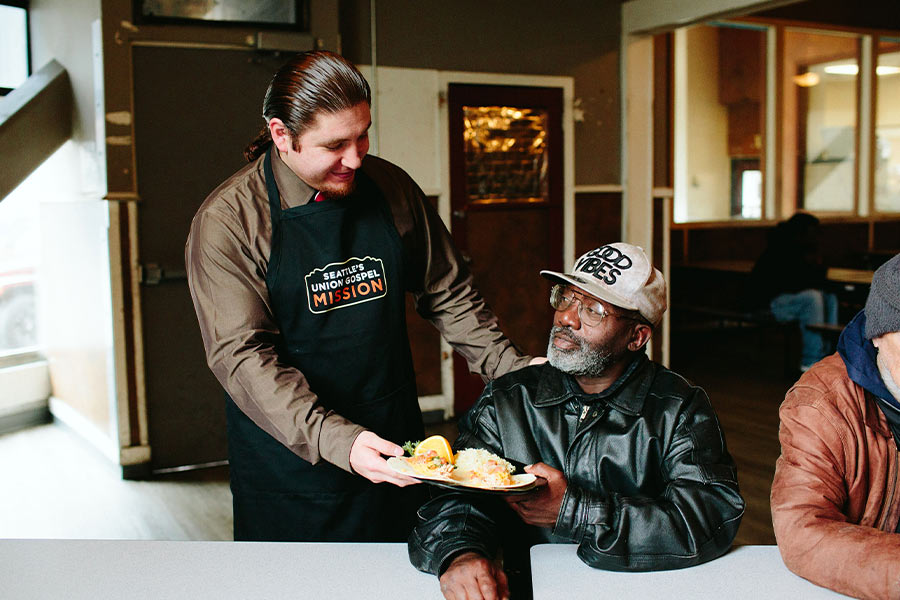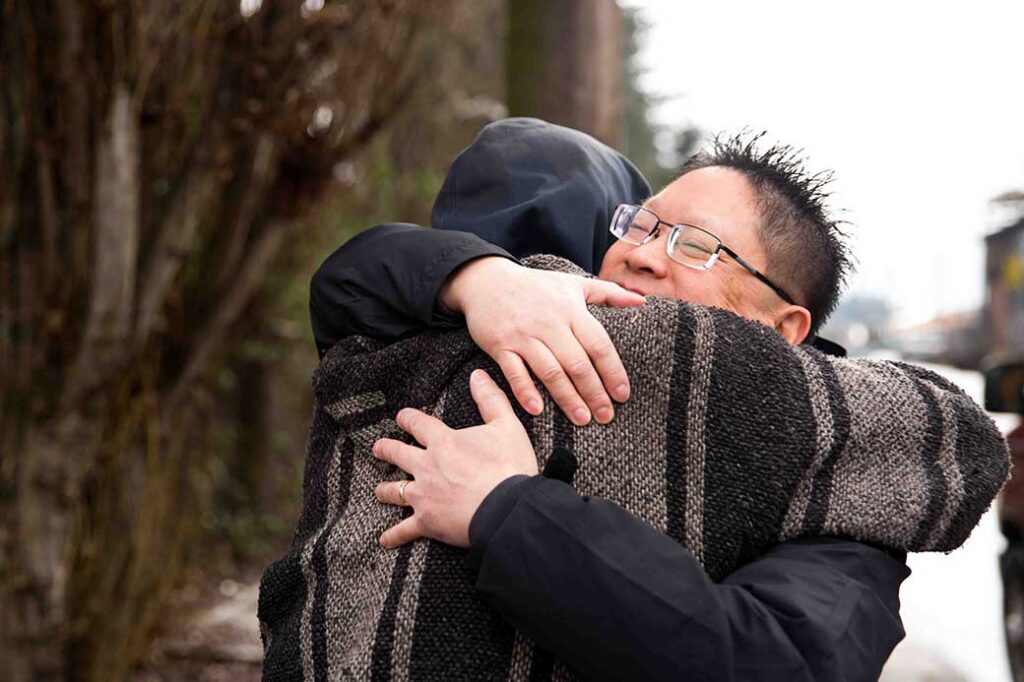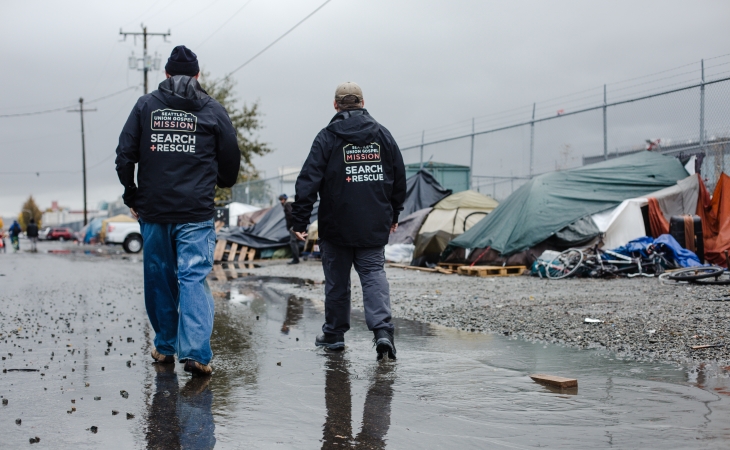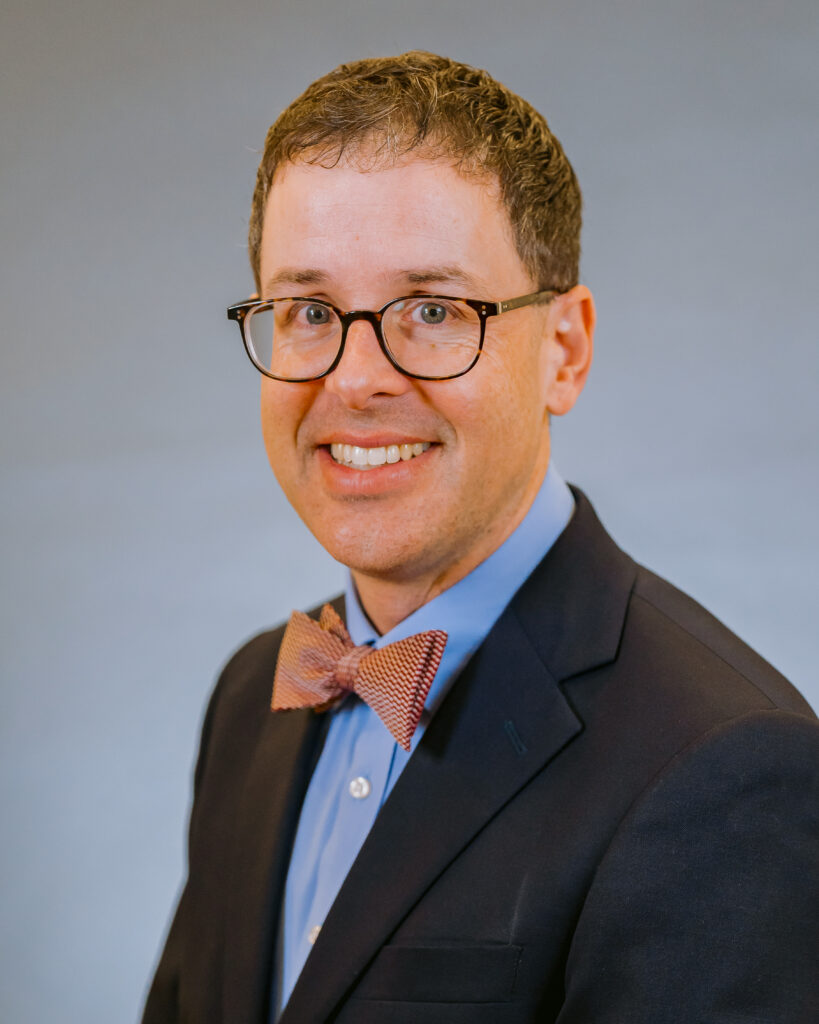Summary
A Washington Supreme Court decision attempts to punish a religious nonprofit, Seattle’s Union Gospel Mission, for declining to hire employees who do not share the organization’s religious beliefs. The ministry’s religious convictions and evangelization are the foundation of everything it does, and therefore every staff member must live out and share the Mission’s religious beliefs for the Mission to be successful.
On March 21, the Supreme Court declined to hear Seattle’s Union Gospel Mission’s case—for now. Even though the Supreme Court decided not to take this case yet, we are pleased to see the statement from Justice Alito, joined by Justice Thomas, saying that the “Washington Supreme Court’s decision may warrant our review in the future” because, after more proceedings in state court, the Mission could return to the U.S. Supreme Court later. Two justices recognized that if states “could compel religious organizations to hire employees who fundamentally disagree with them, many religious non-profits would be extinguished from participation in public life.” Because the Washington Supreme Court’s ruling allowed just that, it may “have created a conflict with the Federal Constitution.”
Churches and religious organizations have the First Amendment right to hire those who share their beliefs without being punished by the government. As Justice Alito’s statement explains, this freedom belongs not just to churches but “religious schools, and religious organizations engaged in charitable practices, like operating homeless shelters, hospitals, soup kitchens, and religious legal-aid clinics similar to the Mission’s—among many others.” ADF will continue to defend their rights.
Photo Credit: Seattle’s Union Gospel Mission





_0-1024x682.jpg)


Commentary
“We’re Christian … and we hire Christians”
Christiana Kiefer
January 12, 2024
Supreme Court Should Restore Religious Freedom to Seattle Homeless Ministry | RealClearReligion
Kristen Waggoner
August 09, 2021
Homeless outreach ordered to hire worker who opposes its principles goes to US Supreme Court
John Bursch
August 08, 2021
Why is Washington’s highest court trying to rewrite a ministry’s mission?
John Bursch
August 04, 2021